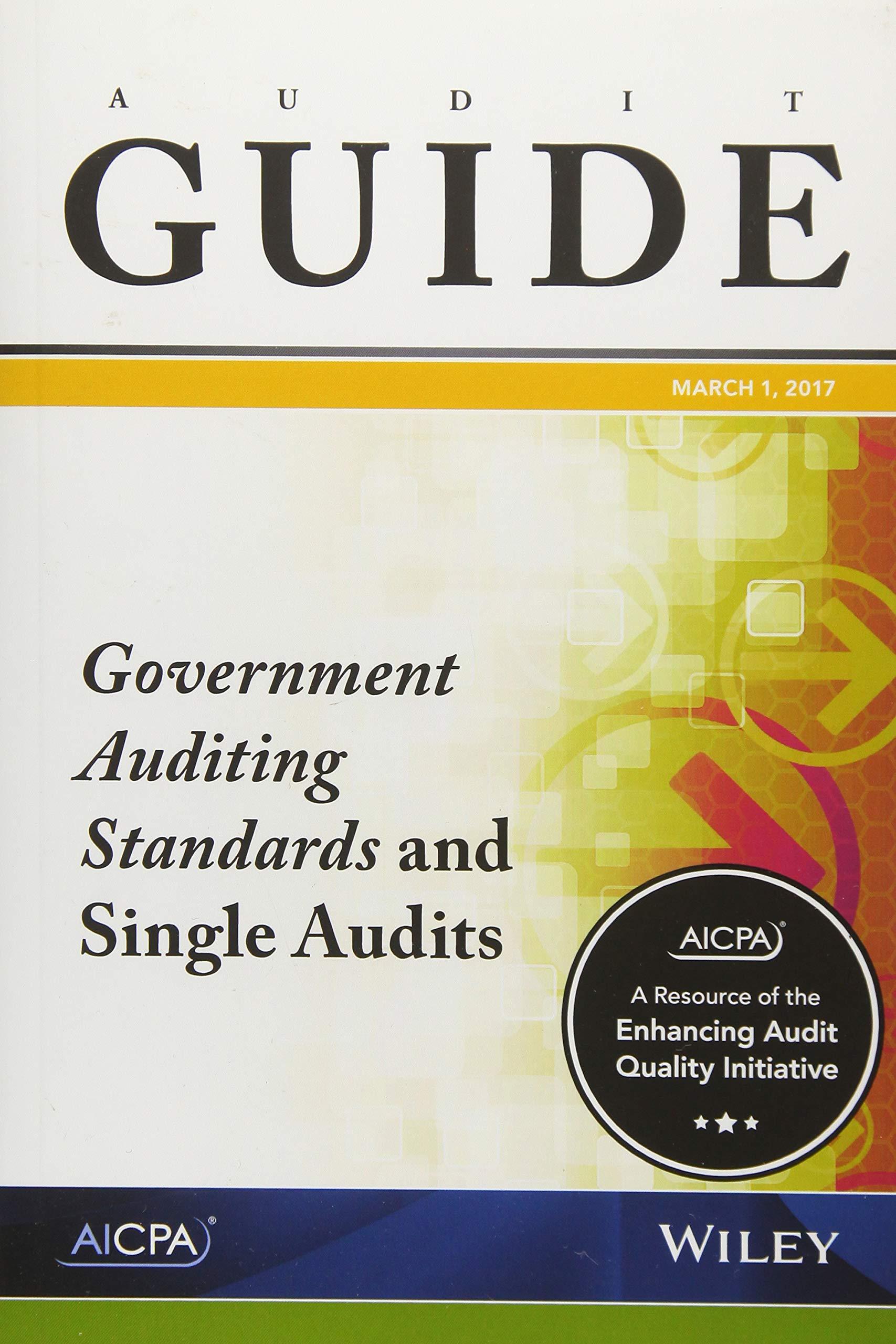Question
All of the following are general sources of federal tax law, EXCEPT: Treasury Department regulations court decisions tax treaties revenue procedures 2. The main reason
- All of the following are general sources of federal tax law, EXCEPT:
- Treasury Department regulations
- court decisions
- tax treaties
- revenue procedures
2. The main reason taxpayers bring their case to the Tax Court is that:
a. taxpayers can be awarded attorney costs if they win
b. taxpayers do not have to pay their tax deficiency first
c. taxpayers can file their petitions to the court as late as one year after receiving an IRS deficiency notice
d. the Tax Court is not bound by any circuit courts of appeals decisions
3. Bob wishes to challenge a tax deficiency in the Court of Federal Claims. He must:
- sue for a refund after awaiting the prescribed time
- file a claim for a refund with the IRS
- wait six months, provided the Service has not denied the refund sooner
- pay all taxes in question immediately
- I and IV only
- IV only
- II and III only
- I, II, III, and IV
4. A taxpayer whose gross income is less than his deductions and exemptions:
- has no tax due and can even claim a refund if too much income was withheld
- has no tax due, but is not entitled to a refund in that calendar year
- has no tax due, and must credit any withheld income during the year towards the next taxable year
- has no tax due, but must file a return in order to exempt himself from any statute of limitations on assessment
5. Qualifying child means an individual who:
- Is the taxpayers child
- Has the same principal place of abode as the taxpayer for more than half the year
- Is under the age of 19 or is a student under the age of 24
- Has provided over half of their own support
7. Your client wants to know what qualifies a taxpayer to file as head of household. You reply that the taxpayer must meet the strict requirements of the IRS, to include at least the following:
- the individual must be unmarried and cannot be a nonresident alien
- the individual must contribute approximately one-half the cost of maintaining his residence
- the individual must be either legally separated from his spouse under a decree of divorce or of separate maintenance
- the individual maintains his residence as a household in which any resident person can be claimed as a dependency exemption, other than a cousin or unrelated person
- (1) and (3) only
- (2) and (4), only
- (1), (3), and (4) only
- All of the above.
8. Which of the following is included in gross income?
a. gifts and inheritances
b. pensions
c. rental value of a parsonage
d. municipal bond interest
9. An individual is taxed on income that is made available to him (credited, set apart, or otherwise made available) even though it may not actually be in his possession. This is called:
a. economic benefit rule
b. imputed income
c. doctrine of constructive receipt
d. claim of right theory
10. Your client wants to know what the IRS includes in its definition of gross income. Your response should be, there are many different categories included in the definition of gross income. All of the following would be correct responses on your part, EXCEPT:
- dividends, pensions, and rents
- royalties, prizes and awards, and gross income from a business
- annuities, bequests, and reimbursement for moving expenses
- income in respect of a decedent (IRD), alimony, and Social Security benefits
- I, II, and IV
- II, III, and IV
- I and IV
- II and IV
Step by Step Solution
There are 3 Steps involved in it
Step: 1

Get Instant Access to Expert-Tailored Solutions
See step-by-step solutions with expert insights and AI powered tools for academic success
Step: 2

Step: 3

Ace Your Homework with AI
Get the answers you need in no time with our AI-driven, step-by-step assistance
Get Started


